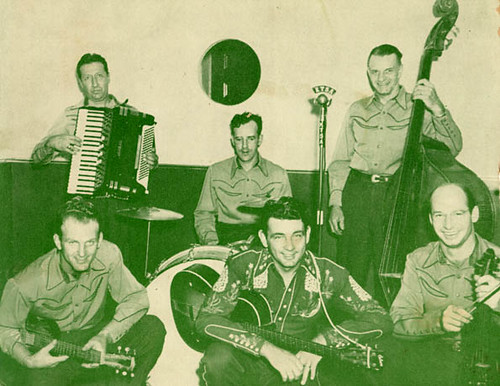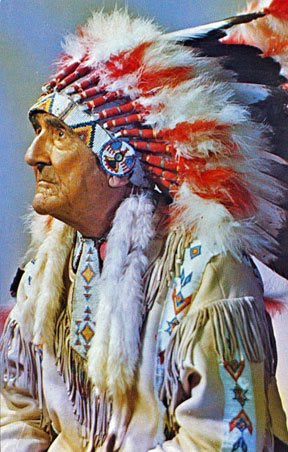Driving through what could still be considered the country, Martina and I happened across a rummage sale in front of a halfway house for ex-convicts. Among the piles of clothes and stacks of obsolete home goods was a jumble of books. The books looked like they had all been kept in pristine condition until arriving in that pile, which made me believe that they had been donated by the relatives of someone who had recently died. In the pile was Tales of Old Time Texas by J. Frank Dobie, a collection of stories by Franz Kafka, The Making of Mankind by Richard Leakey, Michel Foucalt's Discipline and Punish, the Basic Writings of Nietzsche, a Spanish language field guide to the mammals of Colombia, a writer's handbook, and a copy of the Alcoholics Anonymous bible filled with margin notes. Judging by the books before me, it seemed pretty clear that this was the library of a dead writer. This jumble of books seemed to be further evidence to support the axiom, "A man's library is a window to his soul."
Martina reached into the pile and found a copy of The Memoirs of Chief Red Fox, which was signed by Chief Red Fox himself. Although I sometimes claim to be omnipotent, I, of course, am not, so I flipped through the book to find out more. Chief Red Fox was at Little Bighorn? Buffalo Bill visited Chief Red Fox at the Pine Lodge Reservation and asked him to join the Wild West Show? Chief Red Fox performed in London for the Monarchy? How had I not heard of this guy? So we bought the book.
Once we got home, I googled Chief Red Fox and quickly learned that he died in Corpus Christi, Texas, at the venerable age of 105. I also learned that he was a very controversial figure and the center of a major literary scandal in the 1970s when it was discovered that his account was not completely true and that a sizable chunk of his memoir had been lifted from a book on Wounded Knee.
So I got to thinking about public figures inventing their past, cultivating their legends. Perhaps Chief Red Fox was acting in the spirit of Buffalo Bill. It is well-known that Buffalo Bill tied fact together with myth. Buffalo Bill knew what the public wanted, and he gave it to them. It seems that in the penny Western tradition of the nineteenth century, the public really did not care if everything they read about the Wild West was actually true. Buffalo Bill, and the writers out West, gave people what they wanted to believe. Perhaps Chief Red Fox was simply furthering that tradition.
Holding the book by Chief Red Fox, I wanted to believe that he was a medium between the past and the present. I wanted to believe that the man who signed the book really was a nephew of Crazy Horse. I wanted to believe that he was present at Custer's Last Stand. But lamentably, it seems that these things are not true. Yet there is some truth in Chief Red Fox's story. He really did play in silent films. He really did travel with Buffalo Bill. And whether or not the chief was a charlatan, a huckster, or simply a showman does not really matter to me at this point. I will not jump on my high horse and say that I won't read a book written by a liar. I will treat it like a novel, which is, essentially, a book of untruths disguised to resemble the truth. I will simply accept this miscategorized memoir as "a work of faction" and go along for the ride.




